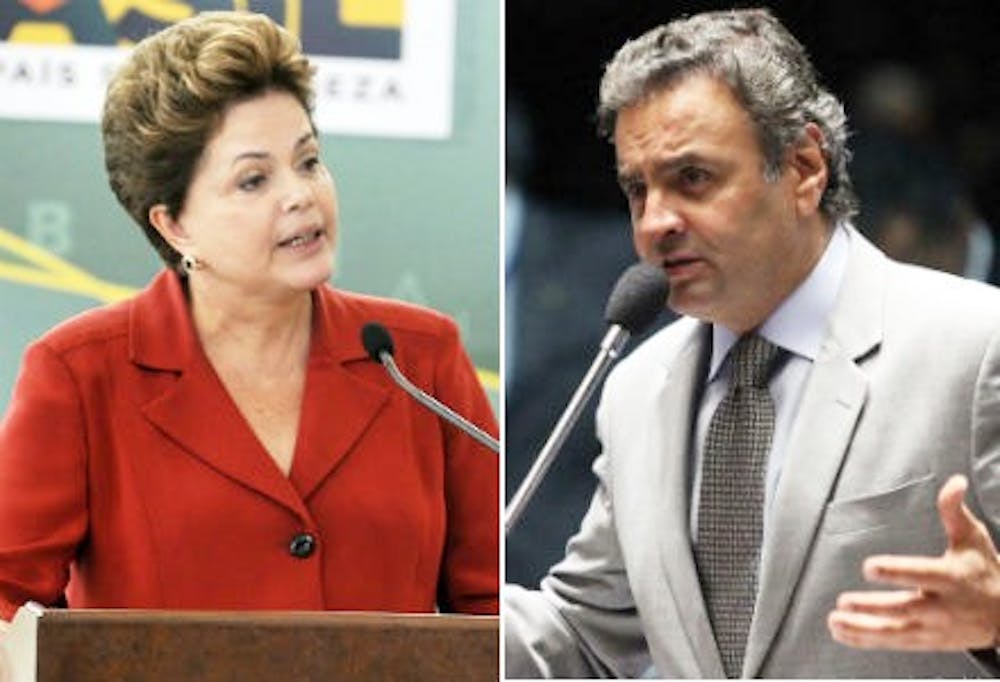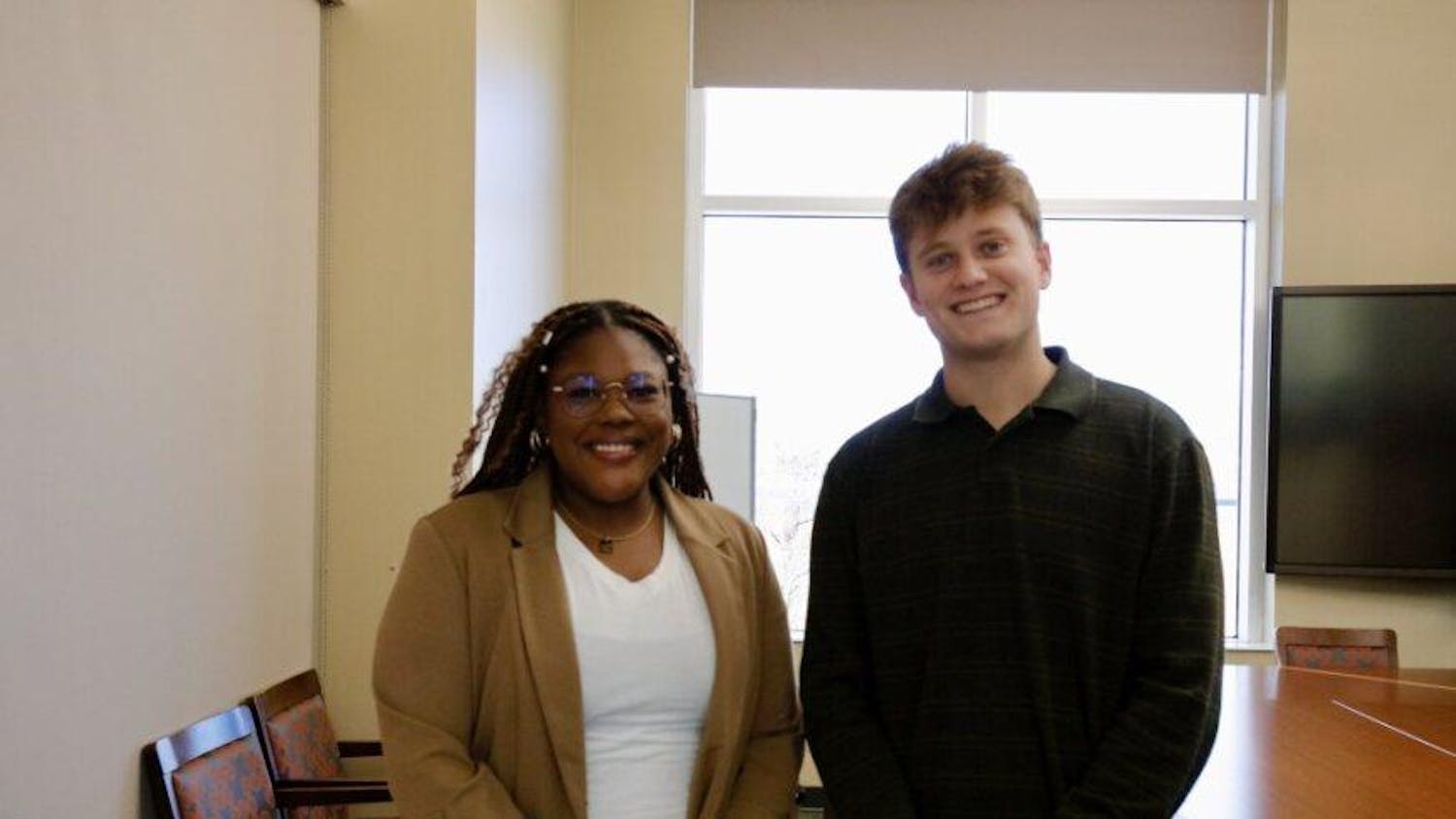By Tom Gbean | Echo
In what is shaping up to be Brazil's tightest presidential election in decades, challenger Aécio Neves and President Dilma Rousseff scramble for undecided voters before Sunday's runoff election.
Since the first round of elections on Oct. 5, centrist candidate Neves holds a slight lead over incumbent Rousseff. But on Monday, Rousseff gained ground and took a three point lead over Neves, according to a Datafolha poll.
Analysts are approaching poll results with greater caution after polls failed to accurately gauge the extent of Neves' surge in voter support on the eve of the first round of elections, Reuters reported. Since Monday's poll, both candidates are waging increasingly dirtier campaigns. In heated televised debates, Neves and Rousseff swap accusations of corruption and economic mismanagement.
Neves' platform promises to switch to a more business-friendly economic model to boost growth. Conversely, Rousseff pledges to build on policies that she claims have lifted millions from poverty.
Brazilian markets have been extremely volatile throughout the campaign. With each poll favoring Neves, markets have surged. But each time Rousseff gains ground, markets slump.
After enduring four years of sluggish growth and what they perceive as heavy-handed economic policies under Rousseff, investors are eager for a new Brazilian government Many blame her policies for leading Brazil into recession and hurting state-run companies such as Petrobras (an oil and energy giant).
According to the Center for Strategic and International Studies (CSIS), a public policy research institution dedicated to analysis and policy impact, Neves' foreign policy goals are geared towards elevating Brazil into an international power. CSIS believes such a status will depend mainly on a close partnership with the U.S. and the European Union. However, the priority given the U.S. and EU does not necessarily mean that Neves' foreign policy will automatically favor alignment with each power.
If Rousseff is reelected, CSIS states Rousseff's diplomacy for South America appears poised to remain the same as the last four years.
Despite differences in each of the candidates' foreign policy platforms, the challenge for Brazilian voters is navigating the negative campaigns being waged to find the leader best equipped to help solve Brazil's pressing domestic issues.




